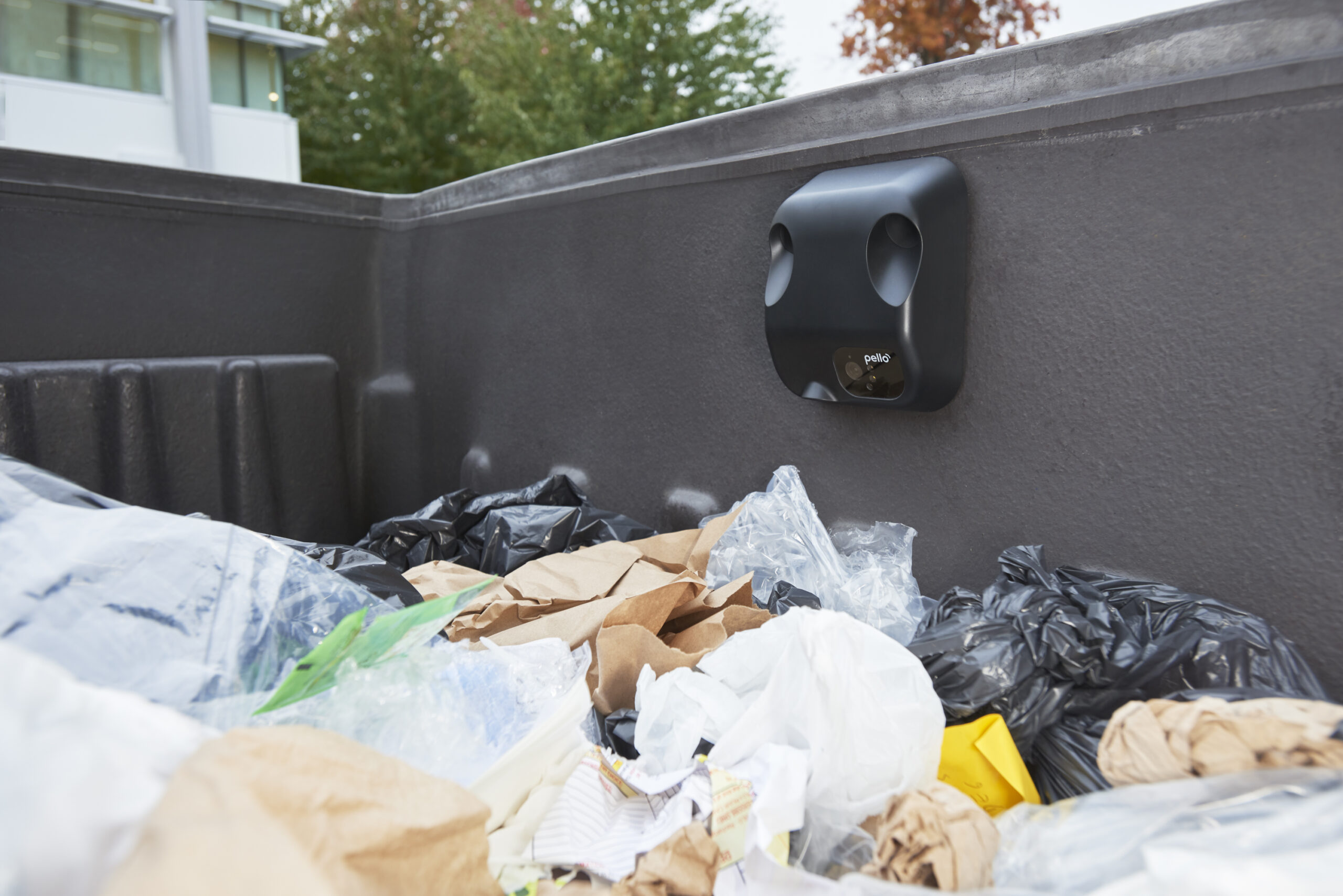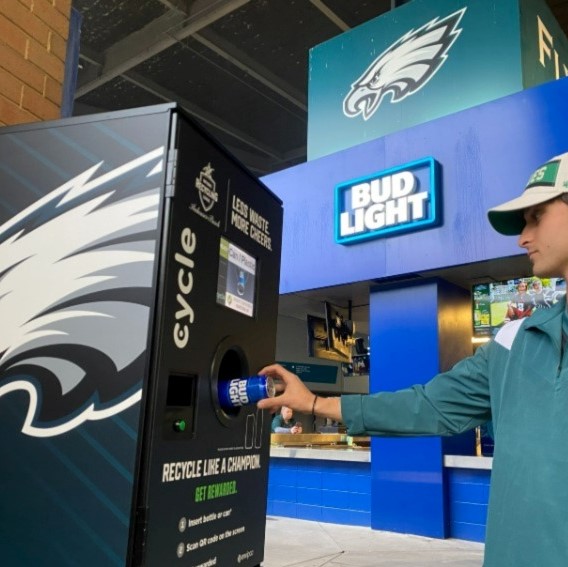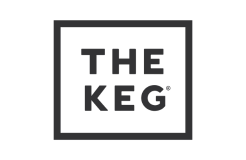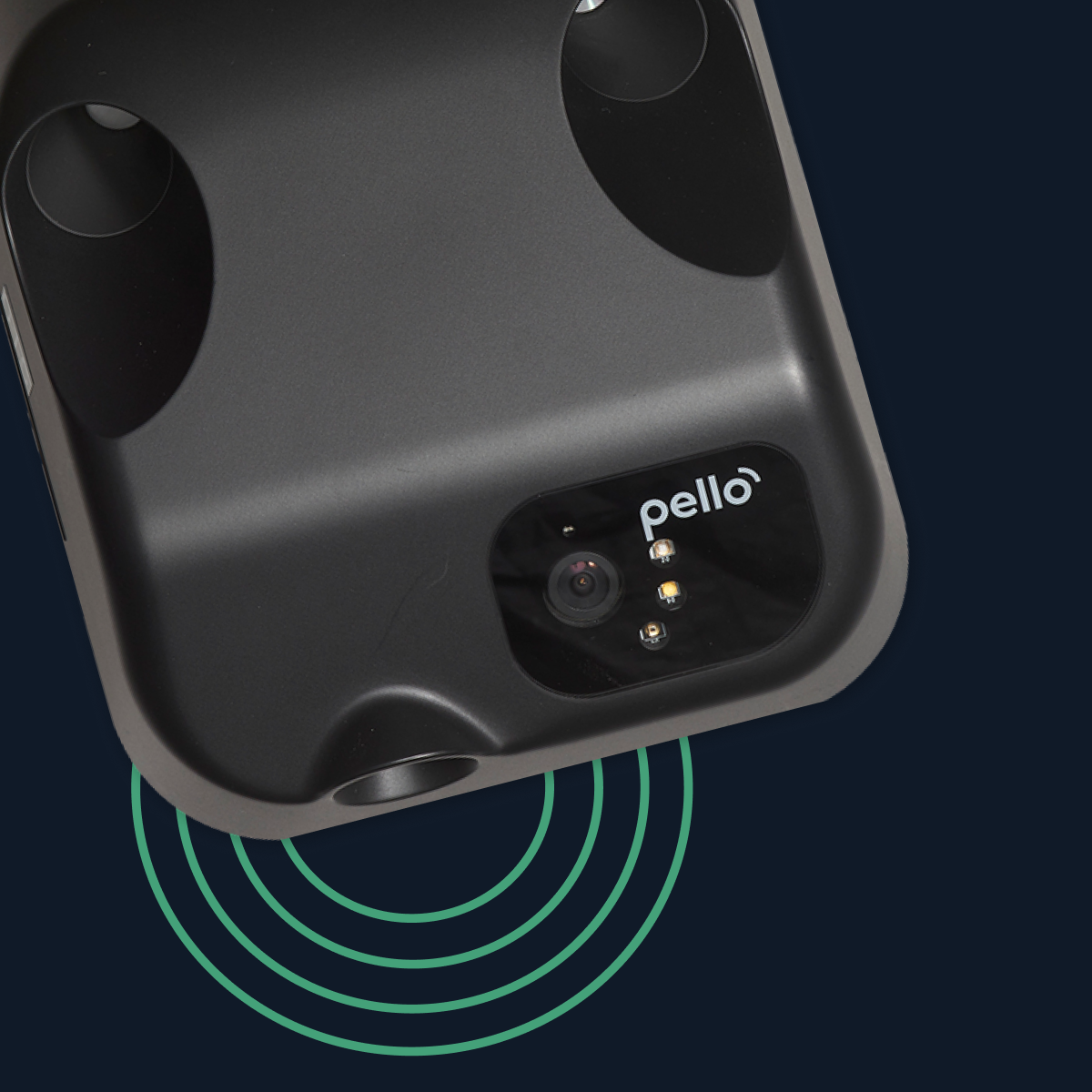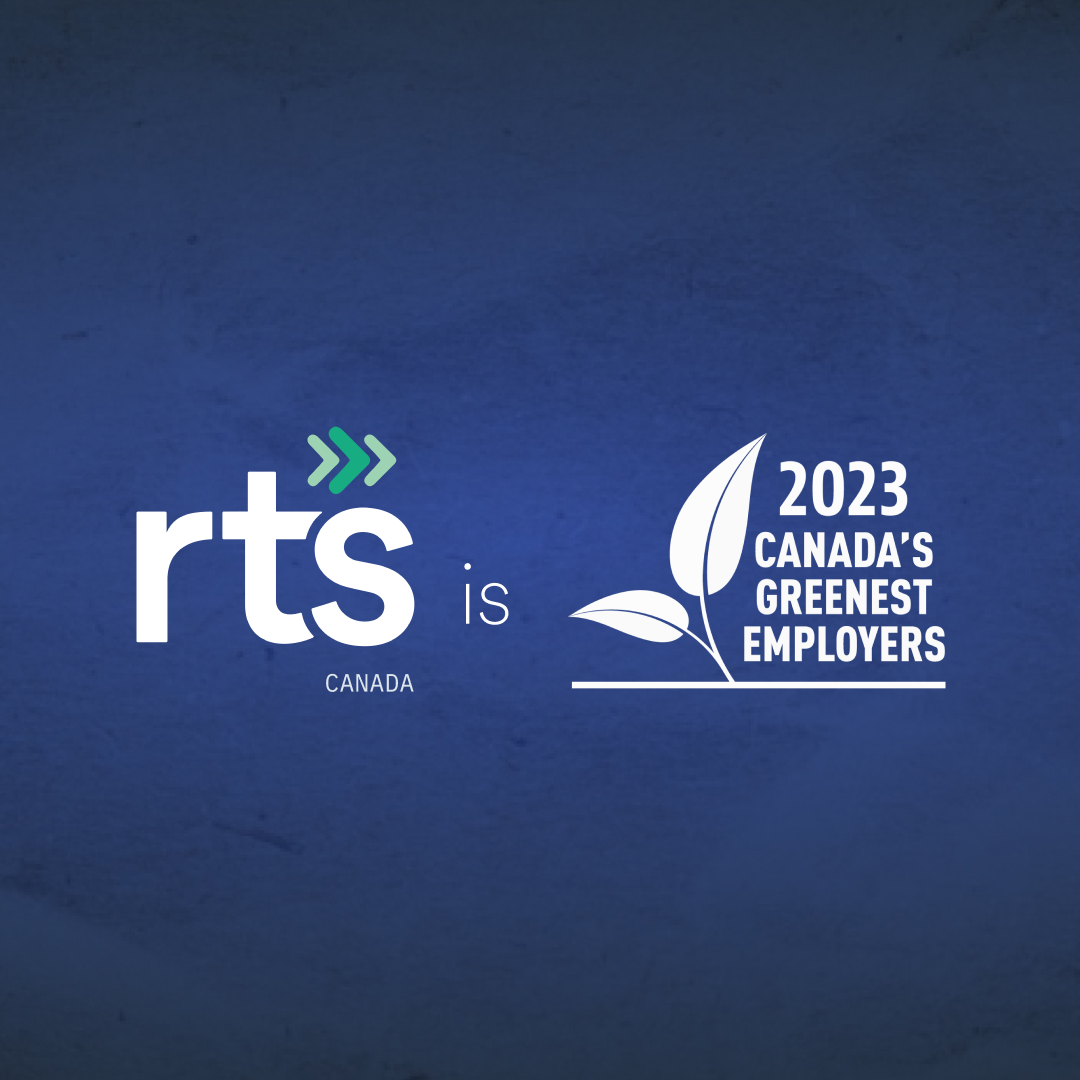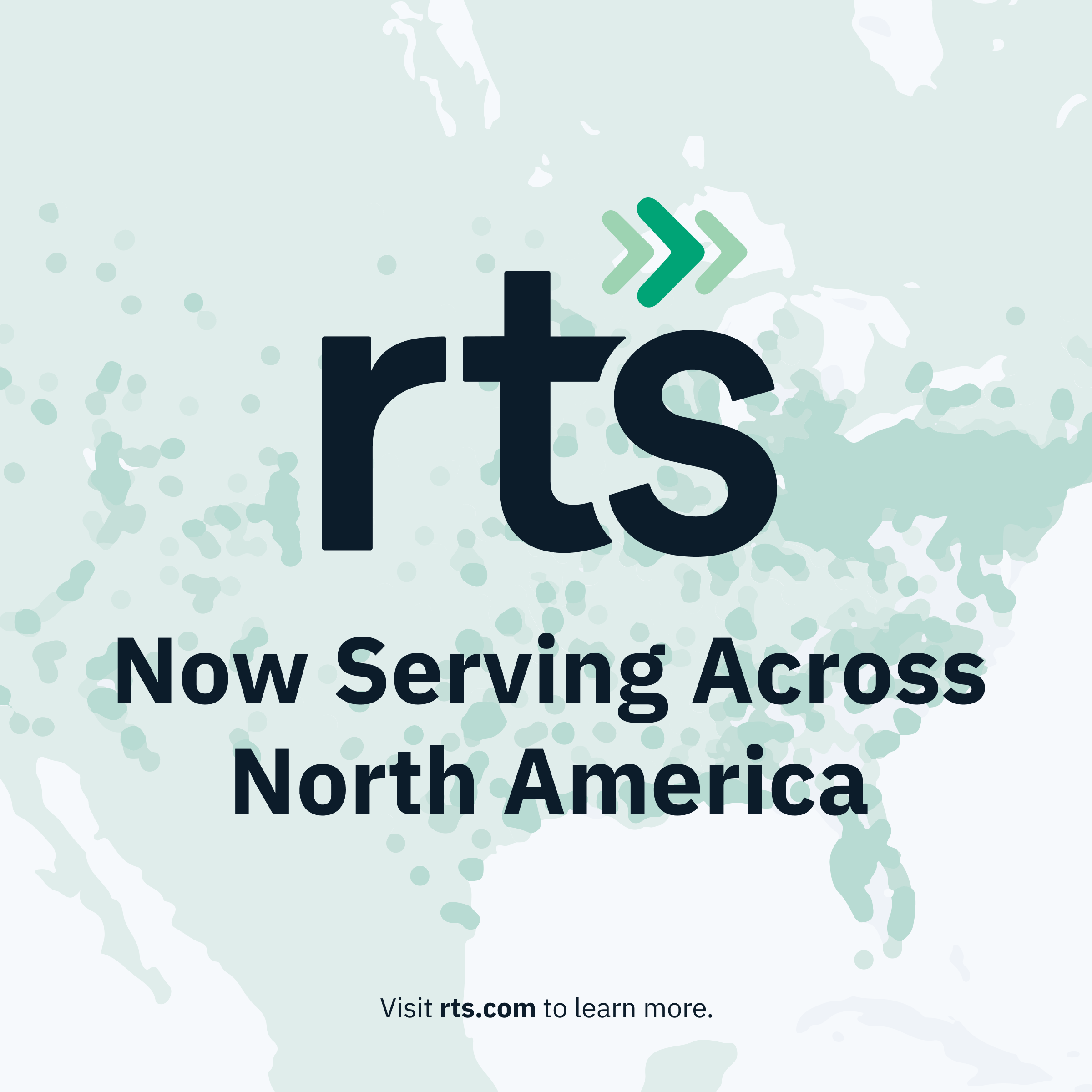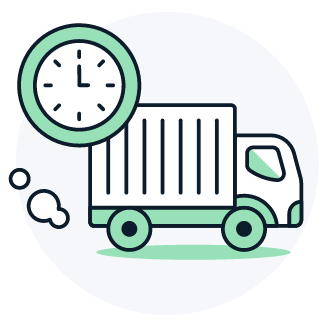Together, we’re building toward a world without waste.
Whether it’s recurring recycling or on-demand waste collection, our intuitive technology and experienced teams are designed to help you achieve your goals.
From garbage to recyclables, compost, e-waste and reusable materials – Recycle Track Systems helps businesses and communities manage waste more responsibly.
Throughout North America, our operations teams serve as a central point of contact for all your services and work in-sync with your operations to provide effective, sustainable solutions.





